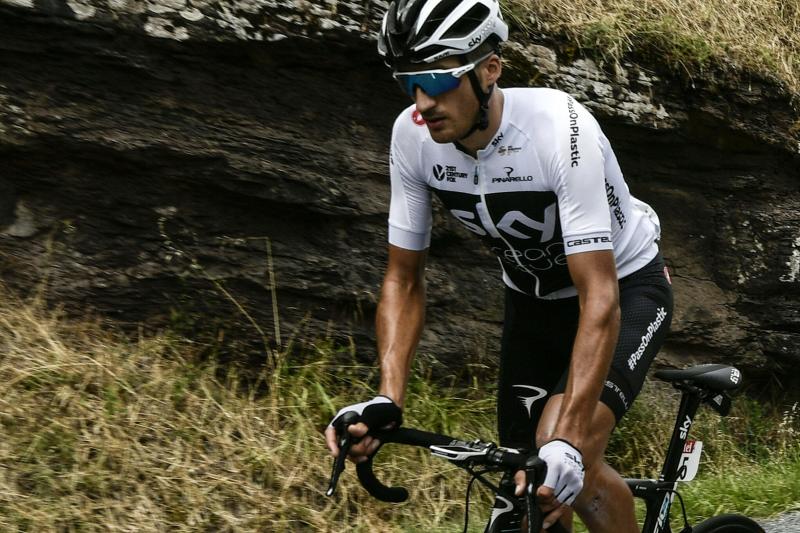×
The Standard e-Paper
Kenya’s Boldest Voice

The handling of Chris Froome’s asthma drug case is a “blow” to the World Anti-Doping Agency’s credibility, says US Anti-Doping Agency head Travis Tygart.
Froome was under investigation after more than the allowed level of legal drug salbutamol was found in his urine.